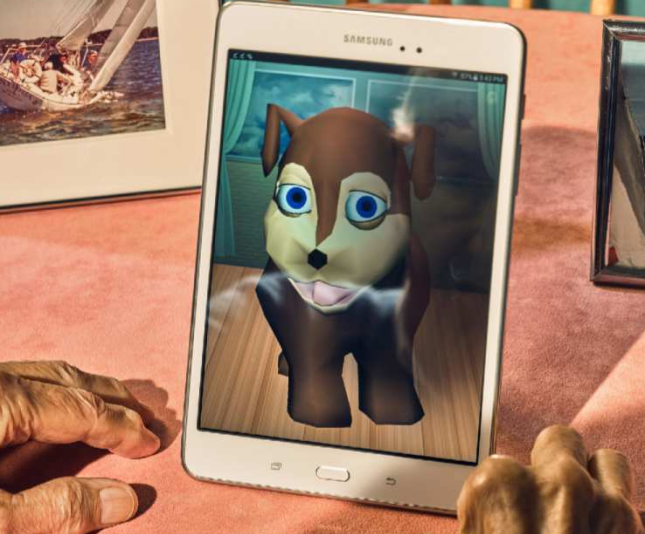VICTOR WANG CARE.COACH's CEO was studying humanmachine interaction at the Massachusetts Institute of Technology
CARE.COACH的总裁王先生在麻省理工学院研究人机交互时,
when his grandmother in Taiwan was diagnosed with Lewy body dementia,
他在台湾的祖母被诊断出患有路易体痴呆,
a disease that affects memory and movement.
这是一种影响记忆和行动的疾病。
On Skype calls, Wang watched her grow increasingly debilitated.
通过Skype,他看到祖母的身体越来越虚弱。
After one such call, a thought struck him: Could he tap remote labor to comfort her and others like her?
打完电话后,他突然有了一个想法:远程安慰祖母和像祖母一样的人?

In 2012, he launched Care.coach with a fellow MIT student.
2012年,他和麻省理工学院的学生推出了Care.coach。
The company's tablets are now used by hospitals and health plans across the country.
该公司的平板电脑现在被投入到全国各地的医院健康计划当中。
In a study conducted by Pace University, Care.coach's avatars were found to reduce subjects' loneliness, delirium, and falls.
佩斯大学的研究发现,Care.coach的替身可以减少受试者的孤独、谵妄和落寞。
A health provider in Massachusetts was able to replace a man's 11 weekly in-home nurse visits with a Care.coach tablet.
马萨诸塞州的一名健康服务人员用Care.coach 的平板电脑代替了医护人员每周11次的上门护理。
(The man said the pet's nagging was like having his wife back in the house—in a good way.)
(该男子表示,宠物的唠叨就像妻子回到家里一样——这个方式很好。)



